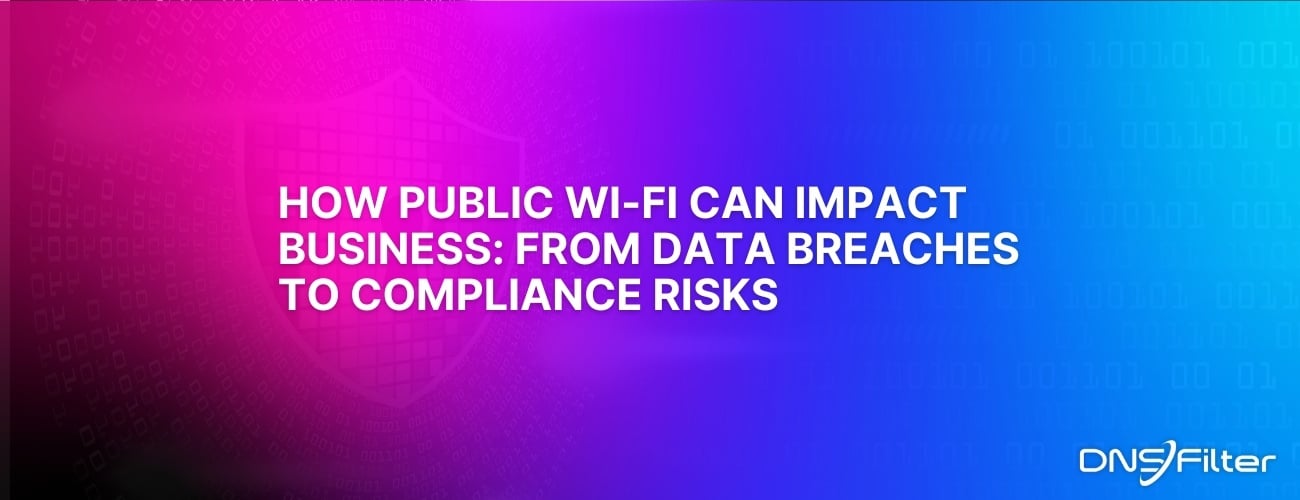“Nothing else stops ‘em!” says rural ISP, Triangle Communications
by Jenine Laviola on Jan 26, 2023 12:00:00 AM
Triangle Communications is a “people-focused” ISP serving residents in rural Montana. Under the Triangle Telephone Cooperative (TTC and its subsidiaries), they are a company owned by its members for close to 70 years. They provide telecommunications services, including Broadband Internet and local and long-distance telephone to their 17,000+ subscribers.
Access to the internet, and the freedom to connect, can be seen as rights—but high infrastructure costs and other barriers to entry have caused an ISP monopolization, leaving fewer options for customers. In recent years, we’ve seen local communities build out their own last mile.
For nearly 70 years now, Triangle Communications has carved out their own path providing telecommunications services, including Broadband Internet and local and long-distance telephone to the rural residents of Central Montana.
"We originally started in the 1950s by people in the area that wanted telephone services and couldn't get it any other way other than to come together as a group of people and invest in a cooperative," Director of I.T. for Triangle Communications Chris Durward said. "And obviously, as time has changed quite a bit from the ’50s, we've shifted more from strictly a telephone and long-distance company to mainly an ISP."
Triangle Telephone Cooperative is a company owned by its members—which Chris says is another word for their customers—and according to their website, in 1994, Triangle Telephone Cooperative purchased 13 exchanges from U.S. West (now CenturyLink) and formed a subsidiary named Central Montana Communication. Triangle Communications is the name, and its subsidiaries have chosen to do business all since 2008.
Chris explained that besides providing services like Broadband Internet, they also offer some business solutions like managed networks, wireless systems, and point-to-point.
"It's very rural, so we try to cater to that," Chris said of their 17,000+ subscribers who live in 16 counties from the Canadian to Wyoming border. "We have a lot of people that live in farms and ranches that want to connect up multiple buildings. We provide some point-to-point wireless solutions for that as well. So really, we focus our business on what our members need. We do some things that maybe other ISPs don't, and we try our best to make those a possibility for them."
What has been crucial for Triangle Communications is using Universal Service Funds to help their members pay for internet access. Universal Service Funds, which the federal government provides, gives Triangle Communications the ability to deliver internet services to their rural members at a reasonable cost.
"We still try to provide fair prices to our membership," he said. "You know, it's kind of cool. I like working for a cooperative. We serve our members rather than serving shareholders. The customers, the members, they are our shareholders, really."
No One Stops Threats Like DNSFilter
Chris said that, a few years back, they were looking for an extra layer of security to protect their internet reliability and to keep malware and phishing schemes off their network. Chris stated he wanted to keep people off malicious websites and was introduced to DNSFilter through word of mouth. "DNSFilter seemed pretty popular based on what I was hearing from other people," he said.
DNSFilter Roaming Clients came in at the right time and stood out because Triangle Communications had more employees working remotely.
"We have a huge service area, so we have employees that are constantly out in the field, sometimes working on hotels if they're doing construction work,” he said. “So having something that could protect them when they're on our network and also when they're on other people's networks was important to me," Chris said. "It's been one of the better things I've done since I've gotten here."
To close any cybersecurity gaps, Chris has many layers in his security stack. As part of this stack, DNSFilter has helped save Triangle Communications from any potential compromises. However, he still finds occasionally that an employee will click on a phishing email, one of which he recalled was for Credential Harvesting.
"They'll get blocked by DNSFilter, and nothing else stops 'em," he said. “I can't tell you how much money-wise that has saved us," he added, "but it's saved us some money because that's a call to cybersecurity insurance if that happens."
He continued: "So possibly premiums go up, you know if it was ransomware if we dodge that, I mean that could be huge dollar-wise. If it stops us from one compromise, to me, that's totally worth it. The amount of money we pay for DNSFilter compared to one compromise… it's not even close. We're talking tens of thousands, maybe hundreds of thousands of dollars in a compromise versus what we pay for DNSFilter, it's pennies in comparison."
Thanks to machine learning, DNSFilter has the ability to categorize billions of domains daily. Chris said they saw "quite a bit of help” blocking under the threat category “New Domains.” New domains registered in the last 30 days are highly likely to serve malicious resources.
Already Ahead Of The Game
We can see in the culture and cybersecurity industry the importance of DNS Security and why it's essential. Chris took pride in knowing they had already been ahead of the game by relying on DNSFilter to protect their network and their business.
"I was actually at a conference last week in D.C., and they were talking about some of the new cybersecurity insurance questions, and I did see they added in questions like 'do you provide DNS filtering on your network?' So I was like, ‘check that off, we got that done,’" he said.
Chris’s satisfaction was only matched by his elation when recommending DNSFilter:
"Every business, and dang near every home, oughta have some kind of DNS filtering like DNSFilter because it's so easy to implement, and the results are immediate."
Read the full case study for Triangle Communications here.
 6 Security-Focused New Year’s Resolutions for 2026
6 Security-Focused New Year’s Resolutions for 2026
The start of a new year is the perfect time to reset habits—not just personal ones, but digital habits too. Cybercriminals don’t need zero-days or nation-state tooling if we keep handing them easy wins through reused passwords, oversharing, and rushed reactions.
 Inside Business Email Compromise Scams: How to Protect Your Business
Inside Business Email Compromise Scams: How to Protect Your Business
The Scam That Outsmarts Awareness Training
It starts with a routine email.



